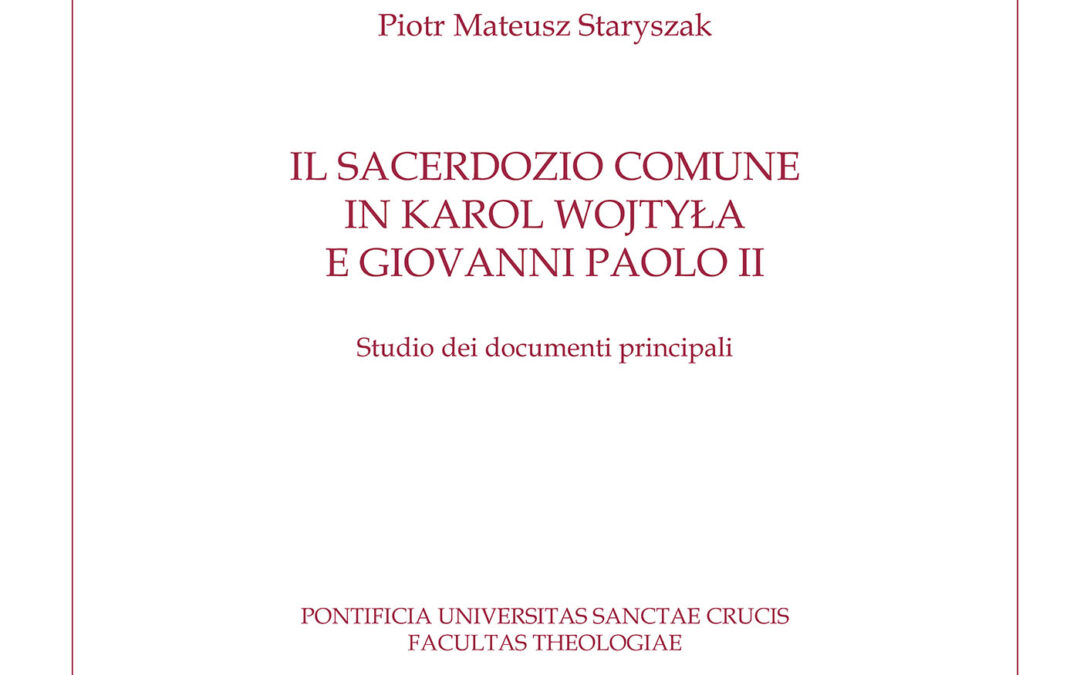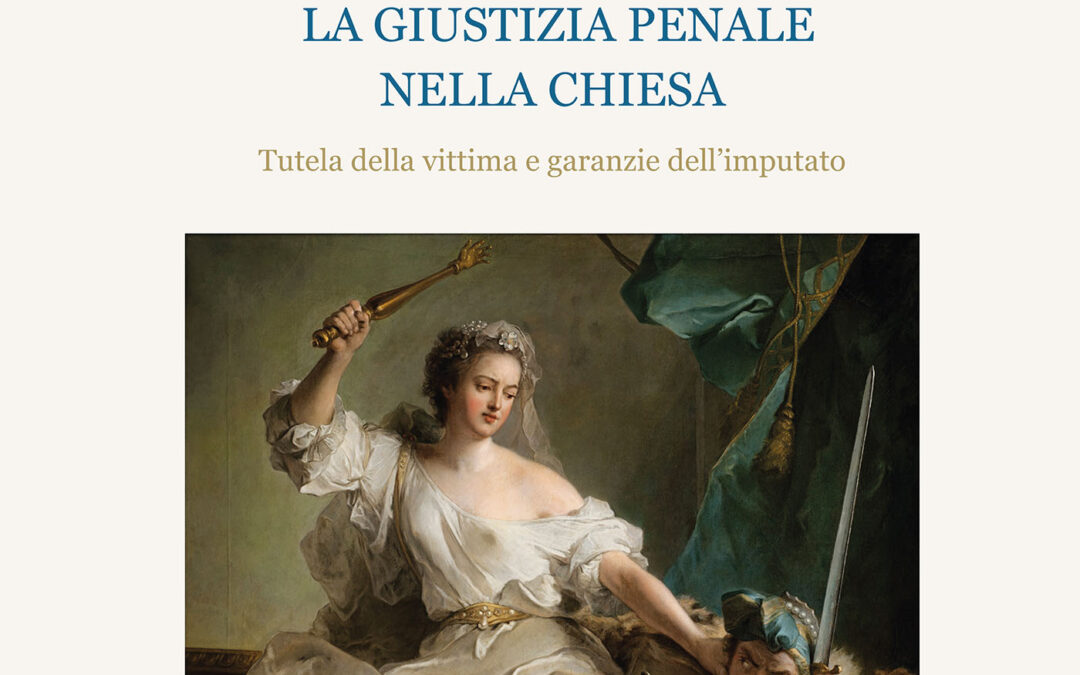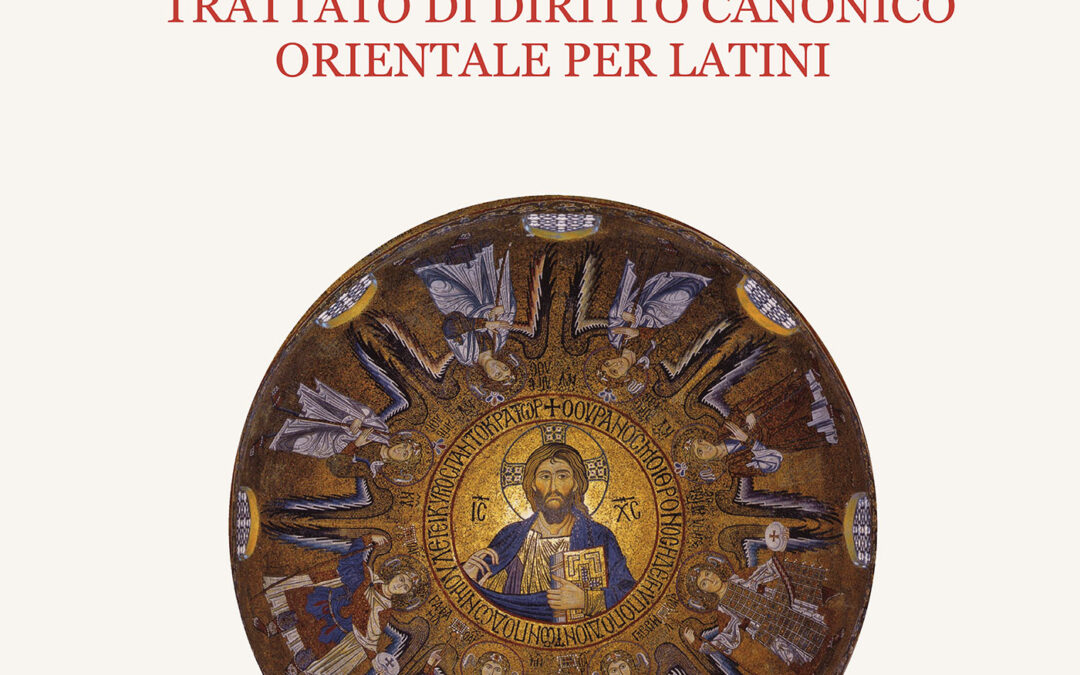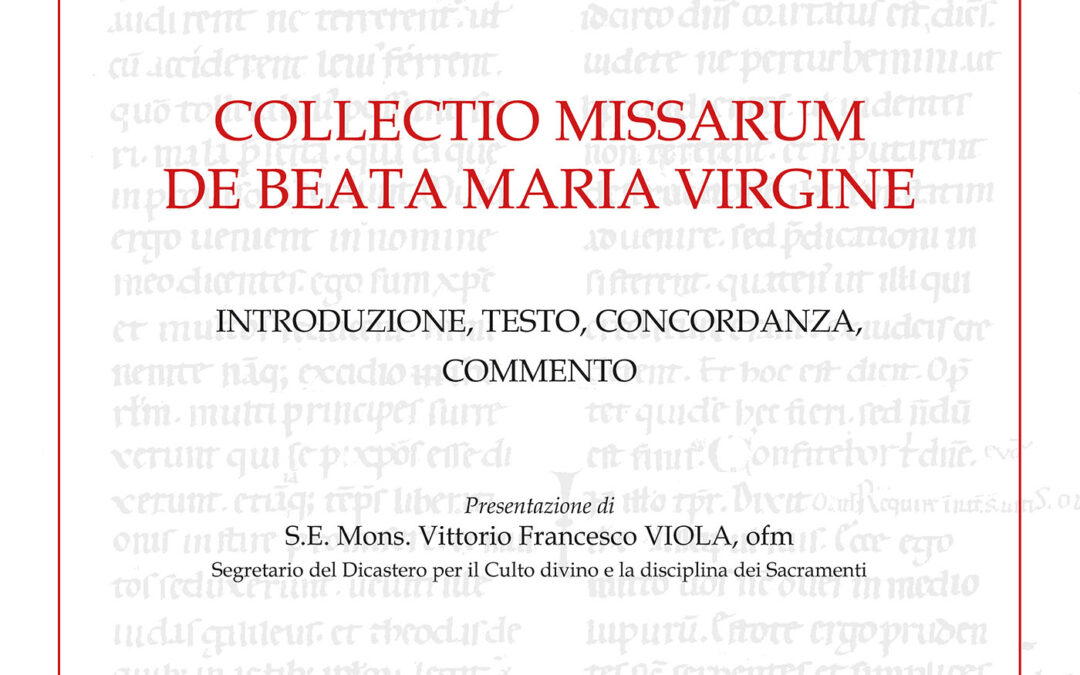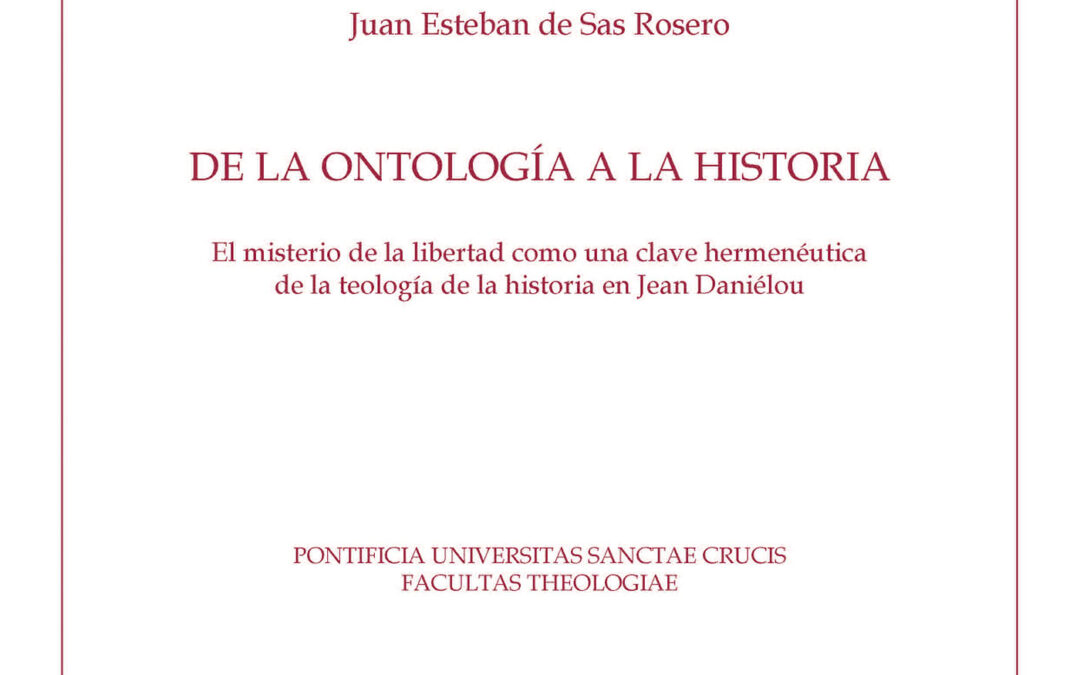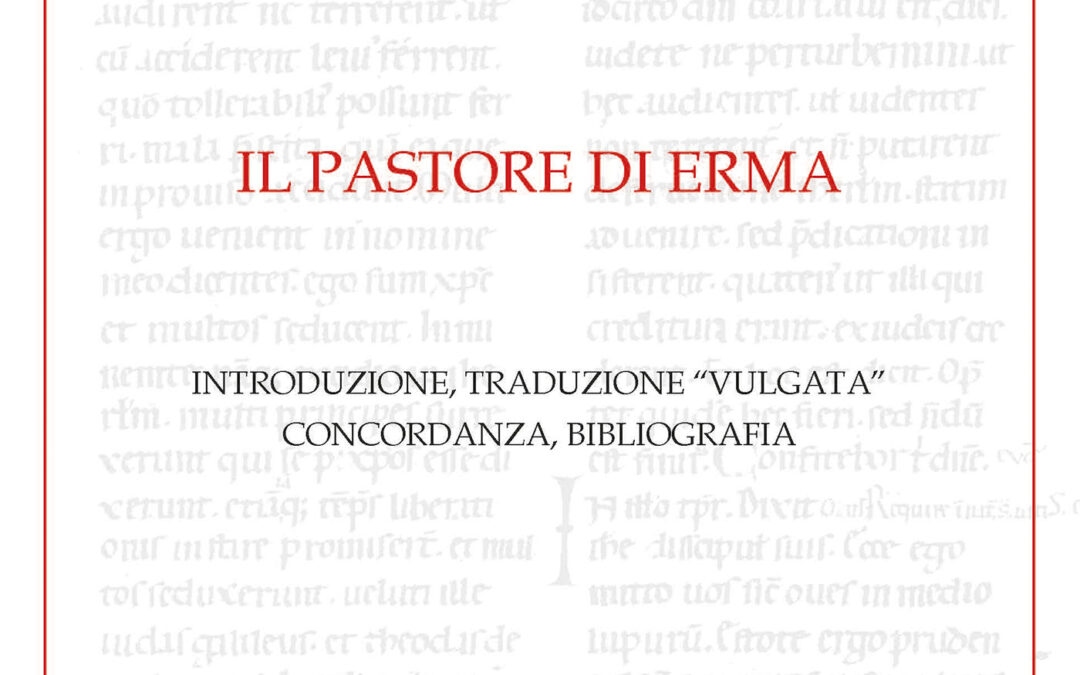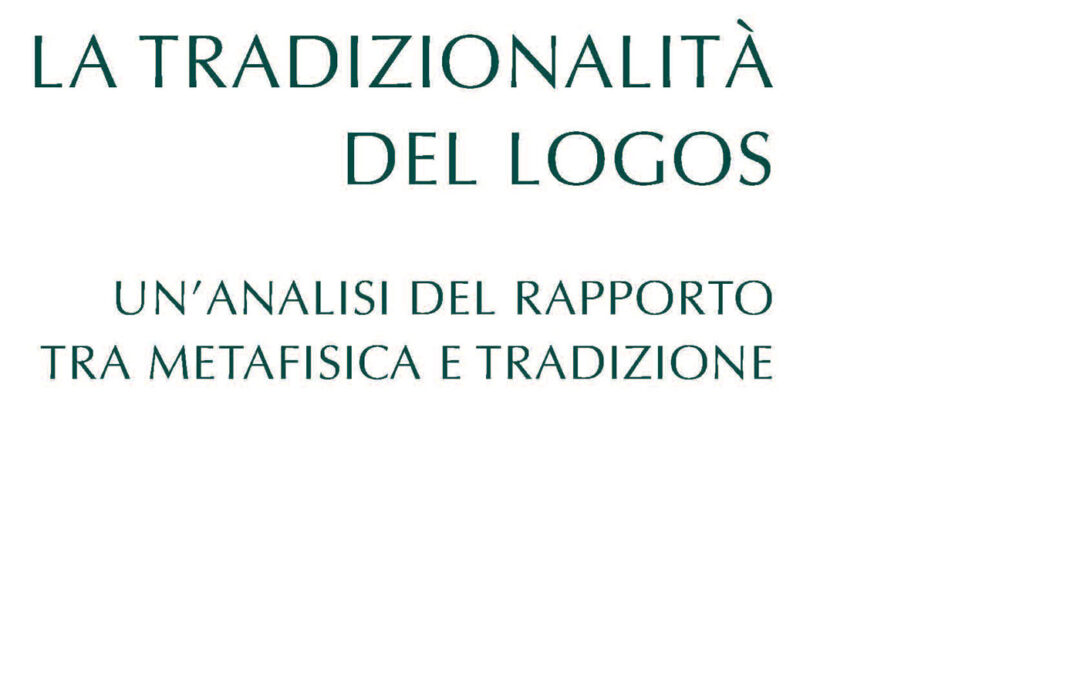WYD 2011 Communications Department has prepared this report in the hopes that it will be a tool for those who plan future World Youth Days, as well as other major Church events. We would like to share our experience – including the challenges and our decision-making criteria – with communications professionals (communications directors for companies and organizations, journalists, journalism professors and public relations specialists). Our objective is to present the lessons learned in the form of a case study in order to contribute to the progress of public relations as a profession, and to Church communications in particular. We have tried to humbly describe what we did well and what we did poorly. We learn more from our failures than from our successes, though no one ever enjoys looking at their failures.Events are nothing more and nothing less than instruments of communication, since everything in an event is part of passing on a message. Today, entertainment is a large element of communications, and many companies and organizations use events to explain who they are and what they do, both internally and externally. Event planning has come of age and has gained a place among other older disciplines such as corporate communications, media relations and crisis communications. The bulk of this report is dedicated to outlining the WYD communications strategy, followed by details of the activities carried out during the event: social media, the website, media relations, marketing and promotion, IBC and TV signal. In addition, we have added an introduction concerning WYD’s identity and management to provide a context. Co-Authors: María José Abad, Daniel Arasa, Patricia Capa de Toca, Borja Ezcurra, Antonio Gallo, Kristen Gardner, María Gil-Casares, Gabriel González-Andrío, Marieta Jaureguizar, Ivo Leahy, Jorge Milán, Montse Pérez, Mariano Rodríguez, Paula Rodríguez, Rafael Rubio, and Javier Sobrino. The editor has added to these reports and given them uniformity of style.
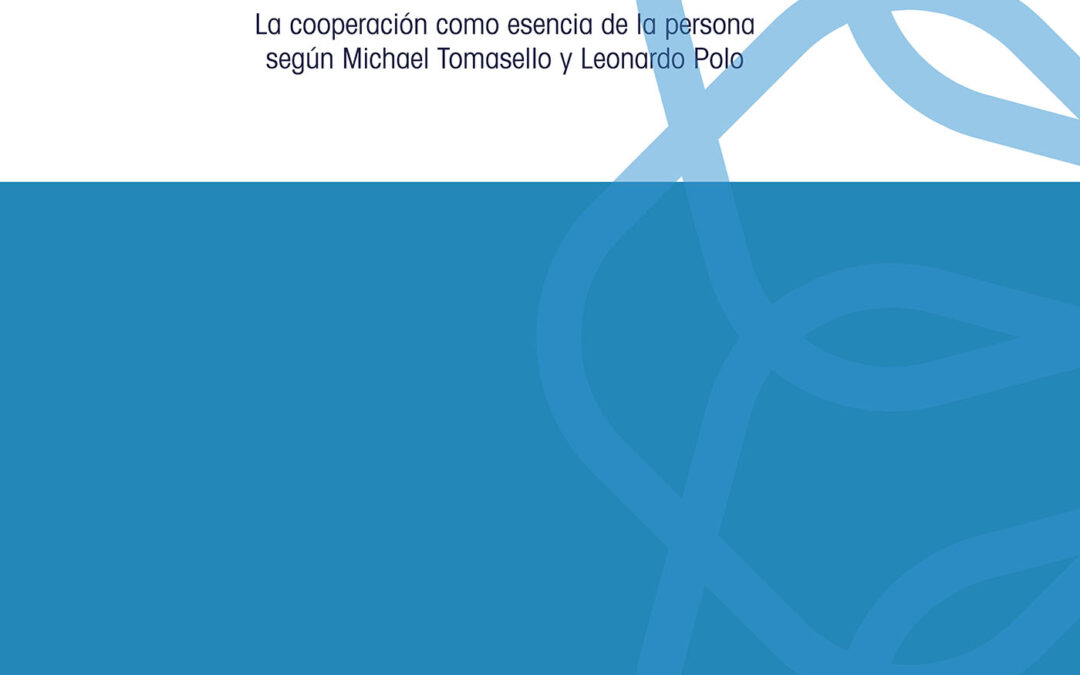
Cooperari sequitur co-esse
En su Curso de psicología general (L.P. XXI), Leonardo Polo dice: "Si de algo nos ocupamos los filósofos es de lo que se podría llamar lo obvio: y si algún interés, o alguna importancia, puede tener la actuación de un filósofo para las personas que no...

